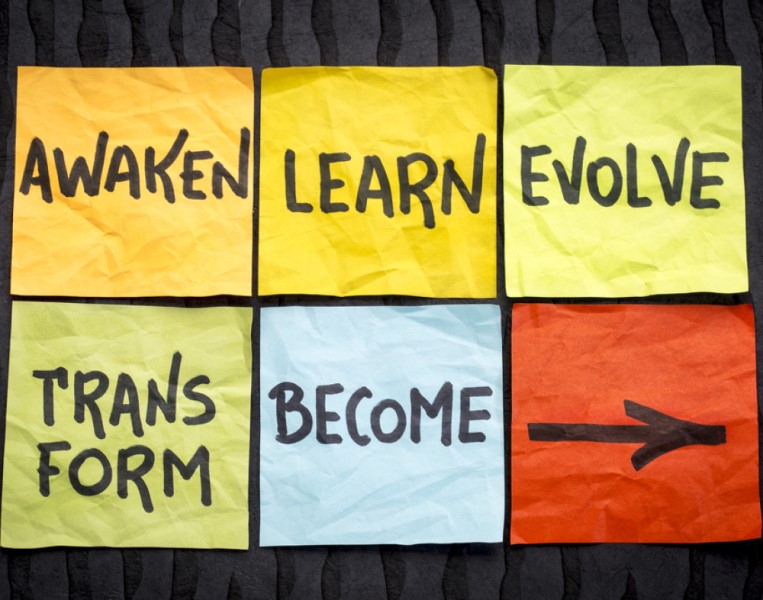“Leaders who do not act dialogically, but insist on imposing their decisions, do not organize the people they manipulate them. They do not liberate, nor are they liberated: they oppress.” (Freire, 1970, p. 178).”
In a world where the voices of people get lost in the shuffle of the everyday norm or “doing business as usual,” it is important that we as leaders (administrators, managers, teachers, etc.) reflect upon how we encourage, promote, and provide intentional spaces for honest dialogue to occur between us and the people we serve. In these spaces, mutual respect and a commitment to transformation must exist.
Here’s a list of ways we can do this:
AWAKEN
As leaders, we must first become “woke” to what we do and how we do it. Through this awakening, we will begin to acknowledge whether or not our decisions empower or disempower? In practice, this would be the creation of intentional time to self-reflect, asking those close to us to be honest about our strengths, weaknesses, and opportunities for improvement.
LEARN
We must invite those we serve to be a part of the decision-making process. From this we can learn what really matters and use this information to inform what we do as an organization and why we do it.
EVOLVE
With the inclusion of many voices and perspectives, we will find that we will get more buy-in from those we serve. From this point, the team can learn, grow, and evolve together. This can be done through focus groups, a suggestion box placed in a central location in the office, 15-minute tea/coffee chats with employees, etc.
TRANSFORM
A viable plan with strategies and procedures, implemented with fidelity, will propel action within the organization and provide tools for sustainable transformation or change. The plan should outline who is responsible for implementing what and measures put in place so that those we serve can hold us as leaders accountable and so we can hold them accountable too.
BECOME
As organizations become committed to transformation, reflection and the inclusion of varied voices should be the “norm” for everyone. Keep the lines of communication open at all times. This can be done in a variety of ways.



